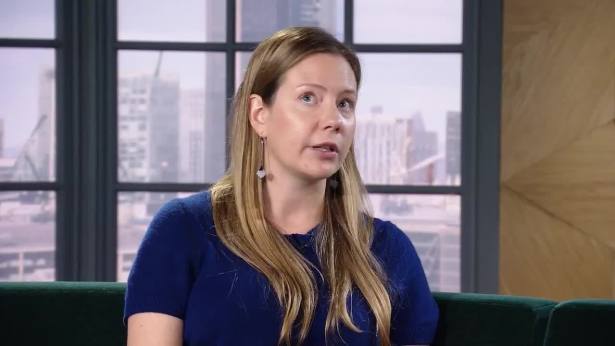
Advisers are divided in their approach to using property as a diversifier in a portfolio, according to the latest FTAdviser Talking Point poll.
The poll asked advisers the following question: “How likely are you to use property as a diversifier in your client’s portfolio?
The poll results were evenly split between those who said it was very likely they would do so (28.1 per cent); those who said they would not because it was too illiquid (37.5 per cent) and those who said it depended on the client (34.4 per cent).
Rob Wood, a principal at Wychwood Financial Services said he did not believe property funds acted as a diversifier even though the impression given was that they did.
This is because with property funds not being valued with the same regularity as an asset class, like equity, “a false impression” is given that property funds are not volatile.
Mr Wood added: “The evidence shows commercial property is correlated with equities so really it does not add any diversification. It adds liquidity issues but not diversification.
“With property funds, you see this illusion of low volatility, when in reality it is not the case.
“Equities tend to follow property when markets fall so they are highly correlated in that respect, but you don’t see that when you look at figures.”
Mr Wood added he would rather use property shares as a diversifier than property funds.
Simon Gibson, chief investment officer at Mattioli Woods, said property was a very useful diversifier to a portfolio compared to sticking with the “traditional” 60:40 equity:bond split, for example.
Gold and private equity are also among the assets that he likes.
Mattioli Woods believes that closed ended structures are the right way for clients to own commercial property, unless they have the appetite and funds to buy property directly.
Mr Gibson adds: “Commercial property is an illiquid asset, and Real Estate Investment Trusts (Reits) or property investment companies are a far more appropriate way to own this asset than open-ended funds. The attractiveness of income is a not inconsiderable element of this diversification.
“While capital is in no way guaranteed, there tends to be a more stable valuation to commercial property than there is for equity, and when incomes of circa 4 per cent to 6 per cent are readily available from Reits, the attraction in volatile markets is obvious.
“Such property vehicles do have a correlation with broader equities, but it is not a high one. Indeed, in recent volatility caused by concerns around COVID-19, our favoured holdings have stood up well relative to the main UK equity indices.”
The firm uses commercial property as an asset class in most portfolios, not just as a diversifier but as an “attractive deliverer of total return in its own right".







